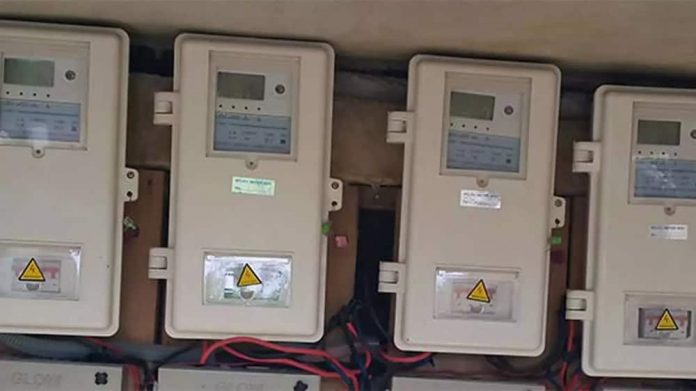Despite ongoing challenges in Nigeria’s power sector, electricity distribution companies (Discos) recorded a significant revenue surge, surpassing N1 trillion within the twelve months of 2023, according to a recent report released by the National Bureau of Statistics (NBS).
The NBS report revealed a remarkable increase of N234.4 billion, marking a 28.2% rise from the N831 billion generated by the Discos in the same period of 2022. This financial milestone comes amid recurring power grid collapses, with Nigeria’s national grid reportedly experiencing 46 collapses from 2017 to 2023.
Despite the erratic power supply, the Discos continued to thrive financially, attributing their revenue growth to aggressive billing practices, including estimated billing systems. An analysis of the revenue data highlighted significant increases for several Discos, with Ikeja Electricity Distribution Company leading the pack, followed closely by Eko Distribution Company and Abuja Electricity Distribution Company.
Moreover, the report disclosed a concerning trend in customer metering, indicating a rise in overbilling practices. While the number of metered customers increased by 9.38%, reaching 5.61 million in Q4 2023, the count of customers under estimated billing systems slightly decreased to 5.8 million.
The Nigerian Electricity Regulatory Commission (NERC) recently announced plans to penalize Discos for non-compliance with billing regulations, intending to deduct over N10 billion from their annual allowed revenues. This move follows widespread complaints of overbilling and underscores the urgency of metering unmetered customers across Nigeria.
The persisting power challenges, exacerbated by intermittent fuel subsidy removal and soaring petrol prices, have prompted concerns among healthcare providers, businesses, and households alike. The government’s efforts to address these issues, including threats to revoke Discos’ licenses and ongoing discussions with power generating companies, highlight the gravity of the situation.
Despite these initiatives, the power sector’s viability remains precarious, with over $1 billion owed to gas producers contributing to the continued instability in power supply across the nation.













